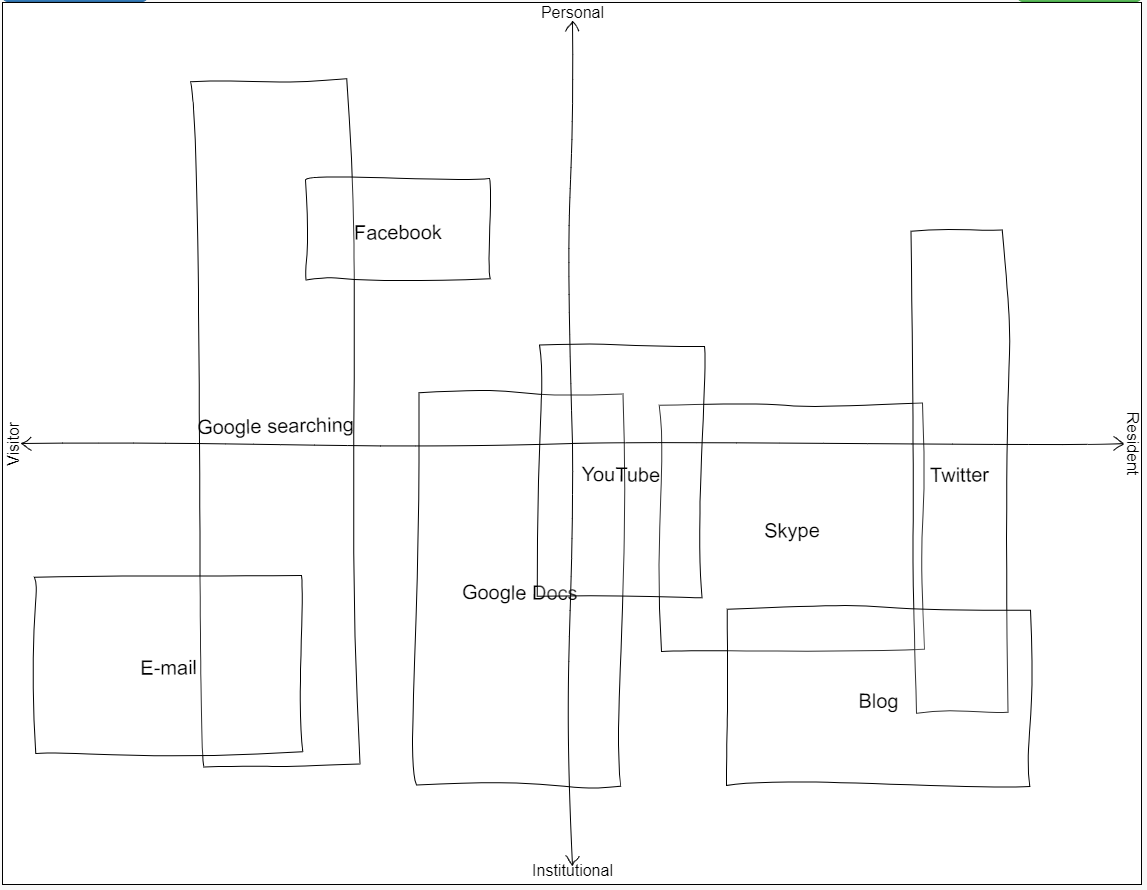
● What digital platforms are students currently using to develop their professional network?
● What can you (as a student) consider to expand your professional learning network?
● In your network, how can you create a digital identity/reputation?
● Consider what a local employer would do if you applied for a job with them – can they search the content, is it of benefit to the career path, does it hinder the opportunity of employment?
Students are currently using Facebook, Twitter, Meetup, Quora, Slack, and other digital platforms to develop their professional network.
The learning network is based on connectionist theory or learning from various social networks. Connectionism means learning to rely on communicating ideas with others. PLN promotes learning through meaningful interaction. Today, the advantages of PLN are twofold. To some extent, they can improve classroom teaching and help develop new projects. On the other hand, they are a kind of public information that changes social concepts.
1. Keep the spirit of collaboration as your motivation. Cooperation creates a common ground and allows others to see your interest. True interest will build a solid and authentic network.
2. Join the online community. In a community environment, it is more effective to share ideas and contact people for direct feedback. You can create your own virtual space to share pictures, documents, calendars, or projects.
3. Actively participate. Brainpower is the main asset of PLN. Take some time to determine the specific reason and communicate on your profile. Allowing you to understand specific reasons helps you increase PLN. Keep it relevant. Try to publish at least once a week.
There are a number of ingredients in the recipe for digital identities, such as reputation, viewers ratings, knowledge of what you do, type of language used, etc. Social media is a great place to show your digital identity. More and more potential learning opportunities have been discovered through social networks. Although they were only a distraction method at first, over time they have become very potential places for new opportunities. The main thing is that before creating a digital identity, you know what you are going to publish and who you want to see it.
Of course, they can search for the content. Our identity is not what we say is our true identity but what we do online. It is very important for companies to understand how to face the image of virtual communities and their future customers. How do they achieve this goal? Know who they are and who they want to be. What employers should care about is what I post on the Internet? Can I conduct direct and smooth transactions with customers online? Do I make sure that my clients are aware of important news? We should know who we are in the digital world and know how to find, threats, and opportunities. I think this is good for the career path and will not hinder employment opportunities. An employee can help the employer to try to build a brand image because he has experience in this area. This is a plus point for job seekers.
More information:
https://en.wikipedia.org/wiki/Digital_Visitor_and_Resident
http://experimental.worldcat.org/vandrmapping/signIn
https://books.openedition.org/oep/1379
https://blog.signaturit.com/en/beyond-your-online-reputation-what-defines-your-digital-identity-and-what-legal-rights-are-associated-with-it
